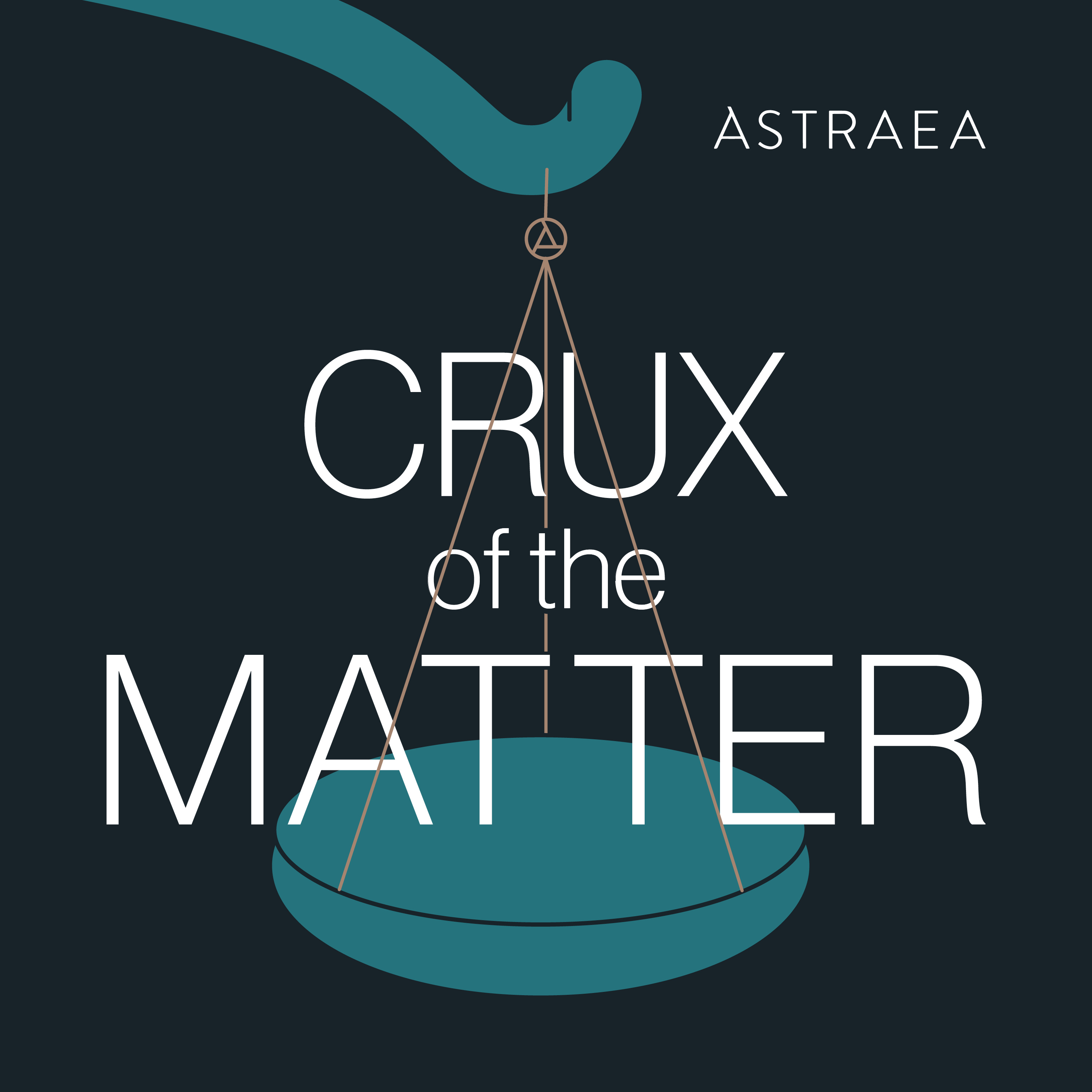
Stati Parties v Republic of Kazakhstan: Supreme Court of Gibraltar declines jurisdiction over TNG conspiracy claims

On 31 January, the Supreme Court of Gibraltar dismissed claims brought by Tolkynneftegaz LLP (“TNG”) and its bankruptcy manager.
TNG was one of two local companies operated by Moldovan investors Anatolie and Gabriel Stati in Kazakhstan prior to their exit from the jurisdiction in 2010. The circumstances of that exit led to a claim under the Energy Charter Treaty and ultimately, in 2013, a SCC arbitration award requiring Kazakhstan to pay over US$500 million in compensation. Subsequent claims before the Swedish courts to annul the award on the basis of alleged frauds were rejected.
Since 2013, the Statis and Kazakhstan have been involved in ongoing enforcement actions across multiple jurisdictions. In 2019, regional tax authorities commenced proceedings before the Kazakh courts, alleging that TNG had outstanding tax liabilities relating to a period almost 10 years earlier and should be placed into bankruptcy. Those proceedings resulted in the appointment of a bankruptcy manager who issued the claims in question in Gibraltar against Terra Raf (a Gibraltar vehicle through which the Statis held the shares in TNG), Anatolie and Gabriel Stati personally, and Tristan Oil Ltd, a further group company registered in the BVI. The bankruptcy manager alleged that the Statis had conspired to strip funds from TNG to the detriment of its creditors (primarily the tax authorities), the allegations largely mirroring fraud allegations raised in the earlier annulment actions.
The bankruptcy manager was entitled to serve Terra Raf in Gibraltar as its home jurisdiction. Following an ex parte application, on 27 November 2020 the Gibraltar Court granted permission to serve on the Statis and Tristan Oil in Moldova and the BVI respectively.
Following inter partes proceedings last year, over the course of its detailed 133-page judgment, the Supreme Court of Gibraltar reversed that decision, declining jurisdiction to hear the claim against Terra Raf based on the “revenue rule”; this is the English common law rule against the enforcement in England (or Gibraltar) of foreign tax claims. The Court concluded that, having declined jurisdiction against Terra Raf (the only “anchor defendant” domiciled in Gibraltar), it follows that there is no jurisdiction over the remaining (foreign) parties. As a result, the Court’s order allowing service of the claim form on the Statis and Tristan Oil was set aside. The Court made clear that even if it had not dismissed the claim against Terra Raf, it would still have declined to hear the claims against the other parties on forum conveniens grounds, finding those claims had insufficient links to Gibraltar and that Moldova in particular would have been a more appropriate forum.
In addition to arguments based on the revenue rule and forum, the Statis had sought to have the claims struck out as an abuse of process, arguing that the bankruptcy proceedings in 2019 and underlying tax liabilities were a sham, that the bankruptcy manager was acting as a “puppet” of Kazakhstan, and that the claims were merely a “collateral attack” intended to prevent enforcement of the SCC Award.
The Court was not prepared to strike out the claims as an abuse of process, however the judge noted that Kazakhstan had admitted funding the claims and that in his view:
…a clear inference can be drawn that [Kazakhstan] is doing so only because it is on the losing side of the ECT award. I therefore have little hesitation in finding that the motivation behind [Kazakhstan’s] assistance enabling [the bankruptcy manager] to bring these proceedings is to frustrate the ECT award.
Robert Bedford, Legal Director, commented:
It is unfortunately a rising trend that States faced with investor claims resort to extraordinary measures to avoid awards and enforcement. Even after successful arbitral proceedings, criminal, tax and insolvency proceedings are often commenced in the courts of the former host State and the resulting decisions exported and weaponised. The recent decision of the Supreme Court of Gibraltar is testament to the rigour of the jurisdiction’s courts when faced with a highly complex claim.
James Ramsden KC of Astraea Group appeared for Terra Raf, leading Philippe Kuhn of 39 Essex Chambers, and instructed by a team at Gibraltar firm Triay Lawyers led by Freddie Vasquez KC and Dhiraj Nagrani. Keith Azopardi KC, Kelly Power and Shane Danino of Gibraltar firm TSN appeared for Anatolie and Gabriel Stati and Tristan Oil.
Astraea Group acts as Global Counsel for the Stati Parties in their ongoing, multi-jurisdictional action to enforce a US$500 million SCC arbitral award against the Republic of Kazakhstan. The team is led by managing partner James Ramsden KC and Legal Director Robert Bedford, assisted by Associate Lisa McCreath.
Click here to access the judgment.
The information provided in this article is of a general nature and does not constitute, nor should be relied on, as legal or professional advice.
Share Article:
News & Insights

Russia is one step ahead in the game of crypto ‘whack a mole’.
Co-authored by Astraea’s Dr Khrystyna Khanas and Alexandr Chernykh – the Official Representative of the Ukrainian National Bar Association in the UK.
Read article

Crux of the Matter, Episode 3: In Conversation with Simon Lewis OBE – A Mindset for Crisis Response
Simon Lewis OBE offers his tips for today's business leaders on communicating in a crisis.
Read article

Crux of the Matter, Episode 2: In Conversation with James Ramsden KC – Scandal in Malaysia
James Ramsden shares his experiences of working on the 1MDB fraud scandal in Malaysia
Read article

Crux of the Matter, Episode 1: In Conversation with Sir Michael Rake – Leading in challenging times
Sir Mike Rake opens up about his extraordinary experiences navigating corporate crises.
Read article








